As Iran moves ever closer to the ability to make nuclear weapons in the absence of a revived JCPOA, the region as a whole faces a new proliferation crisis. Saudi Arabia has taken steps to acquire a nuclear hedging capacity, the United Arab Emirates is acquiring knowledge through an ostensibly civilian program, and Israel possesses a significant nuclear arsenal that it has never publicly acknowledged.
Panelists
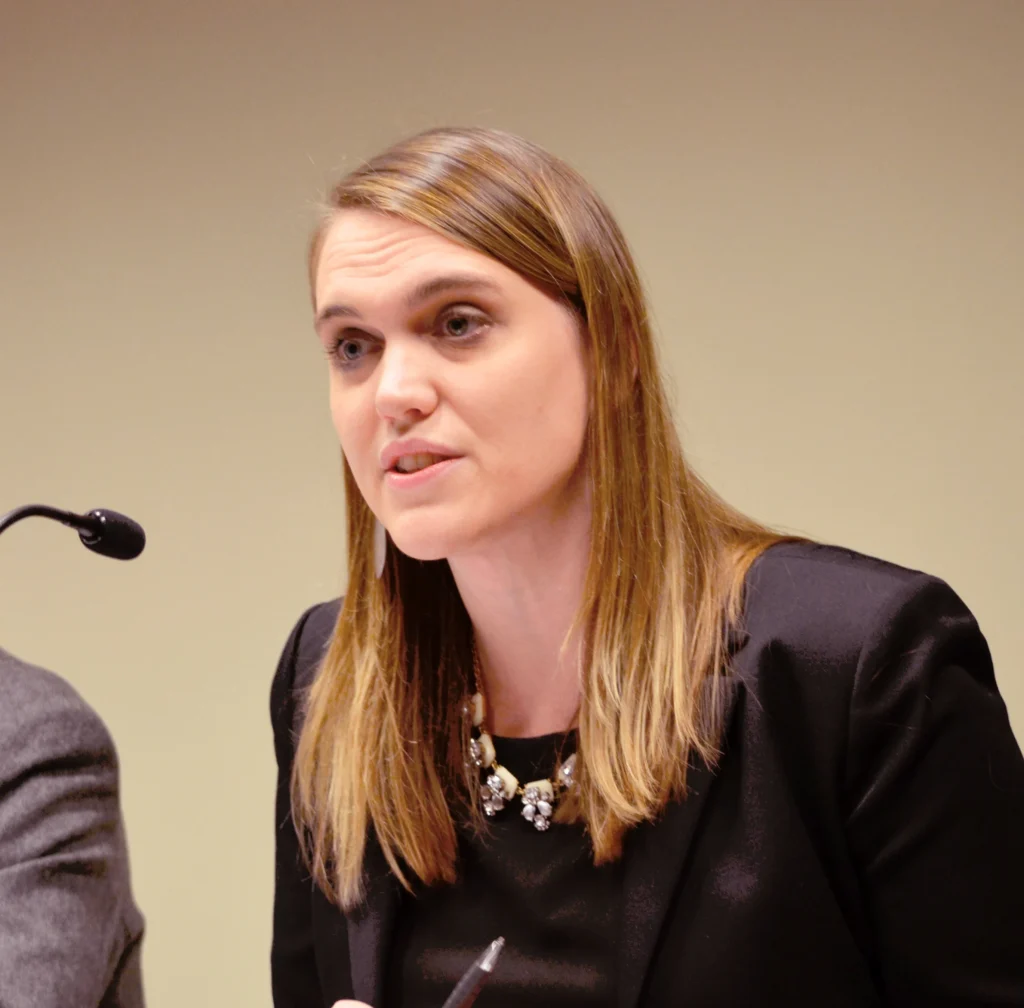
Kelsey Davenport, Director for Nonproliferation Policy at the Arms Control Association
Kelsey Davenport is the Director for Nonproliferation Policy at the Arms Control Association, where she focuses on the nuclear and missile programs in Iran, North Korea, India, and Pakistan and on international efforts to prevent proliferation and nuclear terrorism. She also reports on developments in these areas for Arms Control Today and runs the Arms Control Association’s project assessing the effectiveness of multilateral voluntary initiatives that contribute to nonproliferation efforts.
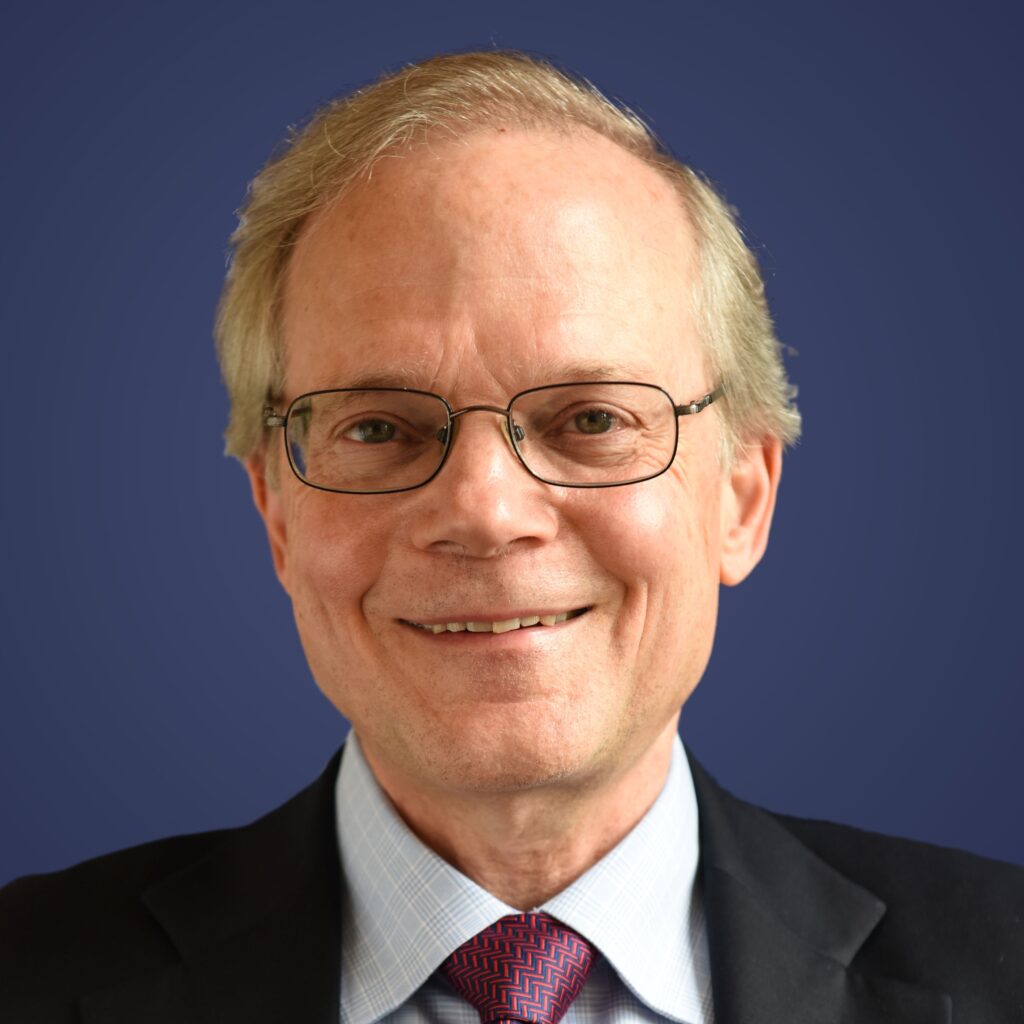
Mark Fitzpatrick, Associate Fellow of the International Institute for Strategic Studies (IISS)
Mark Fitzpatrick is an Associate Fellow of the International Institute for Strategic Studies (IISS) and was Executive Director of the IISS-Americas office from 2016 to 2019. He also headed the IISS Non-Proliferation and Nuclear Policy Program for 13 years, mostly while working at the London headquarters of the institute. Fitzpatrick joined IISS in October 2005 after a 26-year career in the US Department of State, including as Deputy Assistant Secretary for Non-Proliferation (acting).
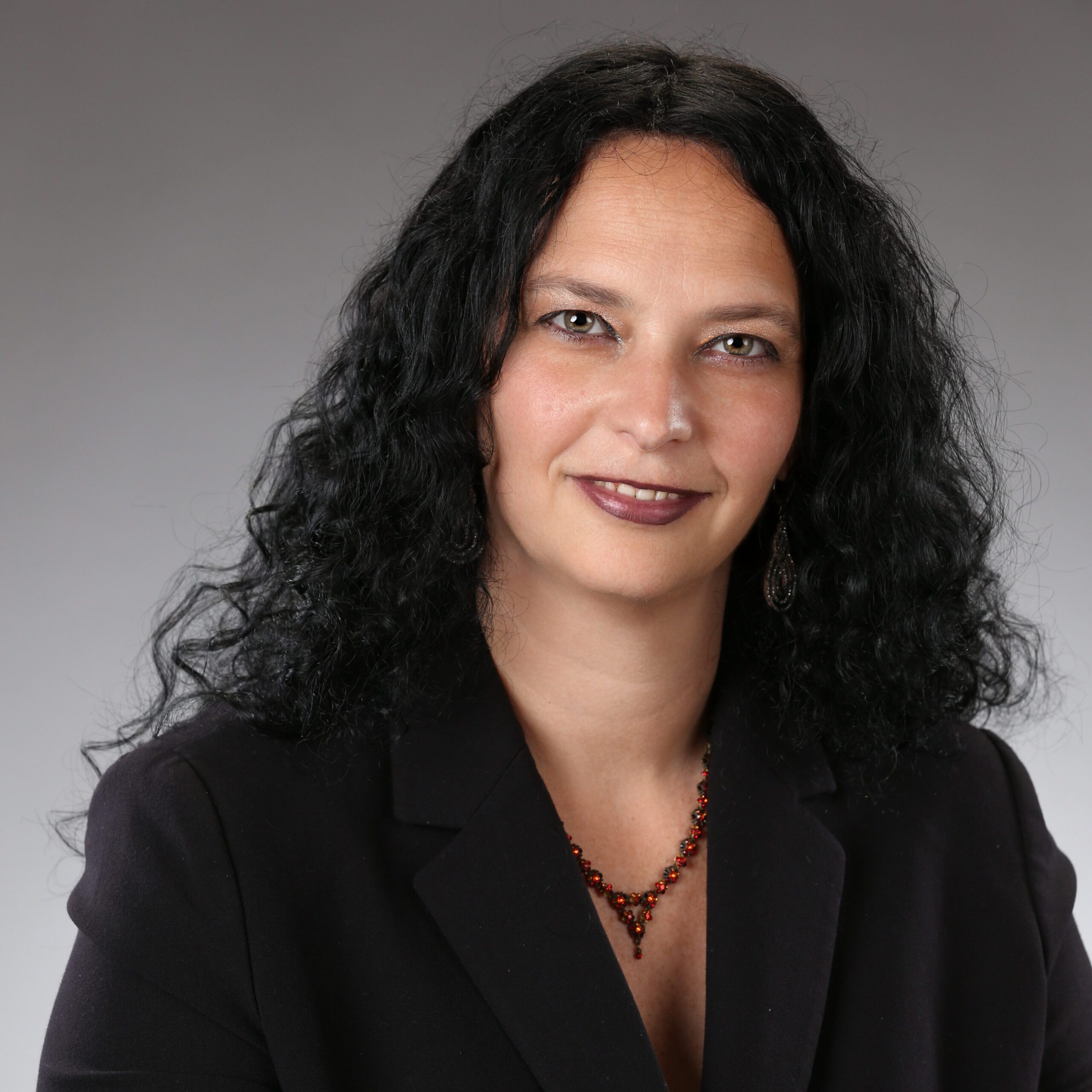
Chen Zak Kane, Director of the Middle East Nonproliferation Program at the Middlebury College’s James Martin Center for Nonproliferation Studies
Dr. Chen Zak Kane is the Director of the Middle East Nonproliferation Program at the Middlebury College’s James Martin Center for Nonproliferation Studies. She is also the Project Head of the ME WMDFZ Project at the United Nations Institute for Disarmament Research. She focuses on projects related to reducing the proliferation of weapons of mass destruction and terrorism, with a particular focus on the Middle East. She also examines means to strengthen the International Atomic Energy Agency.
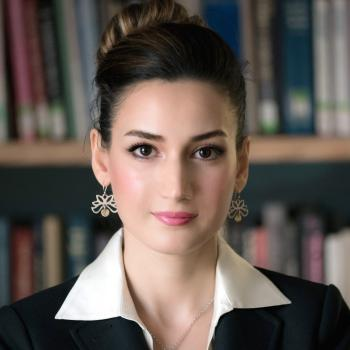
Mahsa Rouhi, Research Fellow at the Center for Strategic Research at the Institute for National Strategic Studies at National Defense University
Dr. Mahsa Rouhi is a Research Fellow at the Center for Strategic Research at the Institute for National Strategic Studies at National Defense University. Her research and expertise focuses on nuclear policy and security strategy in the Middle East, particularly Iran. Prior to joining INSS, Dr. Rouhi was a Research Fellow in the Non-proliferation and Nuclear Policy program at the International Institute for Strategic Studies.
Moderator
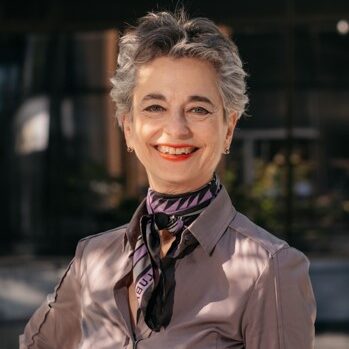
Barbara Slavin, Distinguished Fellow, Stimson Center
Barbara Slavin is a Distinguished Fellow at the Stimson Center in Washington and a lecturer in international affairs at George Washington University. Prior to joining Stimson, she founded and directed the Future of Iran Initiative at the Atlantic Council and led a bi-partisan task force on Iran. The author of Bitter Friends, Bosom Enemies: Iran, the US and the Twisted Path to Confrontation (2007), she is a regular commentator on US foreign policy and Iran on NPR, PBS and C-Span.
